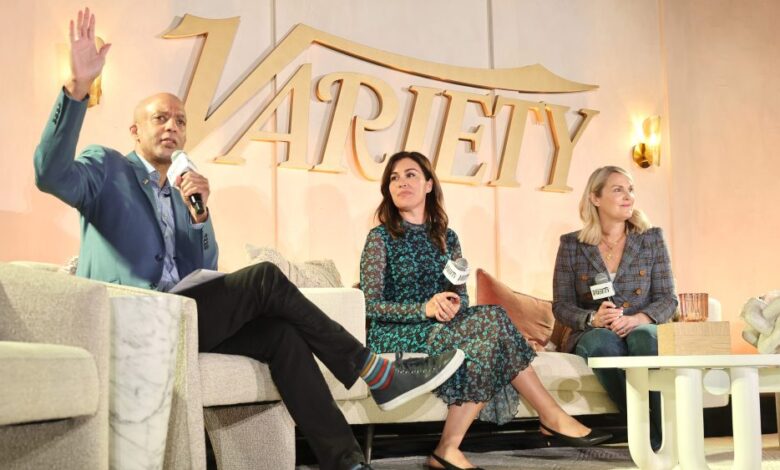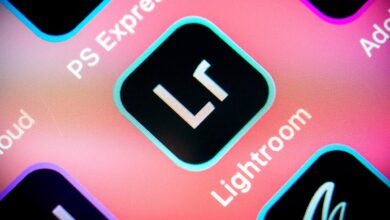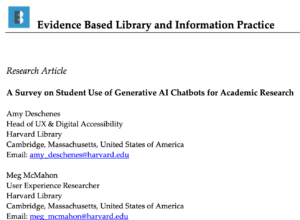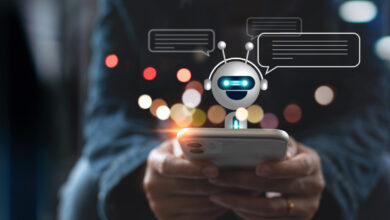Meta and Deloitte Execs Talk GenAI in Marketing

At Variety‘s 2024 Entertainment Marketing Summit presented by Deloitte, Jana Arbanas, leader of media and entertainment at Deloitte, told the crowd that AI will disrupt “every single industry,” it touches. But this is not necessarily a bad thing. She and her team at Deloitte have already seen the benefits of using generative AI in their work, and as a result, “[increased] efficiency by 200%.”
As part of this year’s event, Arbanas and Kelly Davies Michelena, director of business development and AI partnerships at Meta, sat down with moderator Jay Tucker of the UCLA Anderson School of Management to have a candid conversation about the questions surrounding generative artificial intelligence in the entertainment marketing space.
Generative AI, as defined by Michelena, is artificial intelligence that has the “ability to generate text and images” in seconds. Work that could take a human being hours or even days. And although many think this could eliminate jobs, in the context of marketing, Michelena expects the opposite.
“You will need more people to manage the incredible amounts of data that is now…at your fingertips,” said Michelena. “I like to think of AI as an assistant, not something that will take over your job.”
“I heard a stat… that AI can help enterprisers take five hours of busy work out of [their] life,” Michelena continued. “As a marketer, what would you do with five extra hours? What would that open up for you?”
“[If it] took you all day [to make] two pieces of ad content, now you can do 20 in the same time or even less perhaps,” added Arbanas. “That’s a specific use case that the market is demanding that all of you in the room have to respond to.”
Michelena compares the advent of AI, “not so much to the invention of the internet, but the invention of electricity.” There are endless applications possible with generative AI, but with that, comes safety concerns.
“I think trust is probably one of the most important elements of generative AI as people contemplate using it. I do believe it can be safe… but it is absolutely up to the companies that are using it to ensure its safety,” Arbanas said. “It’s thinking about the tech itself, but also the perception of other humans, and how you increase the perception of it being a trustworthy product.”



